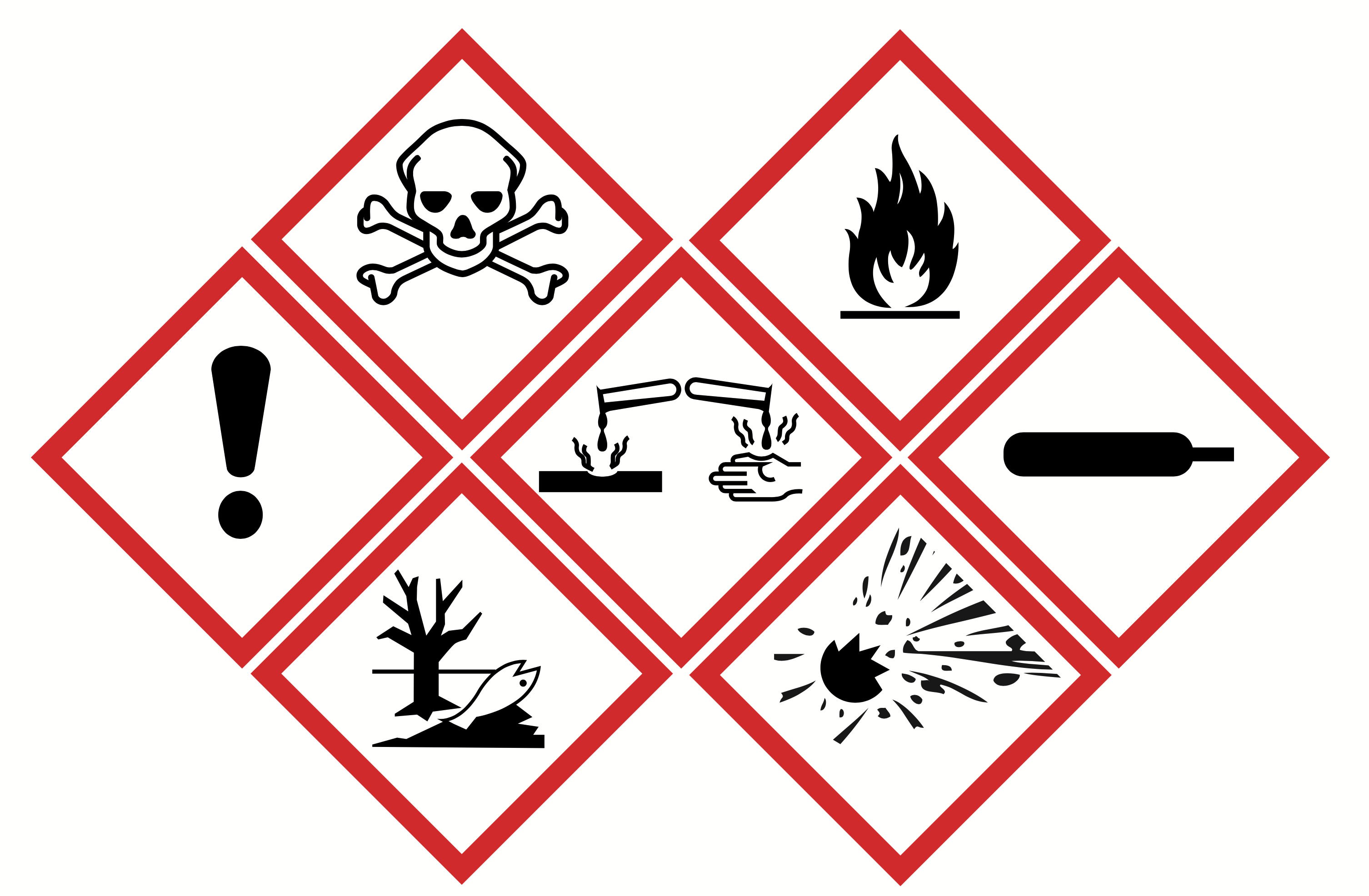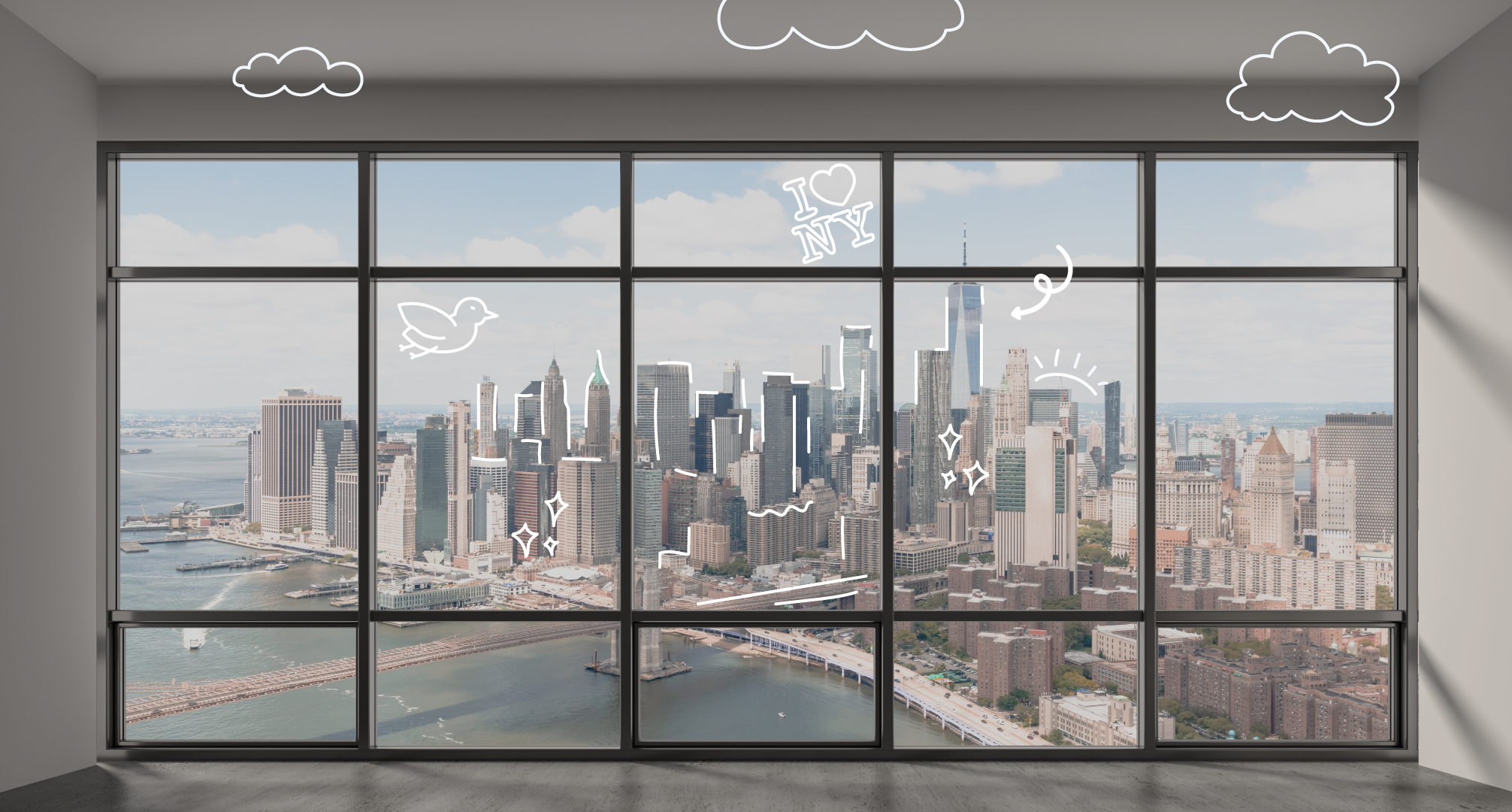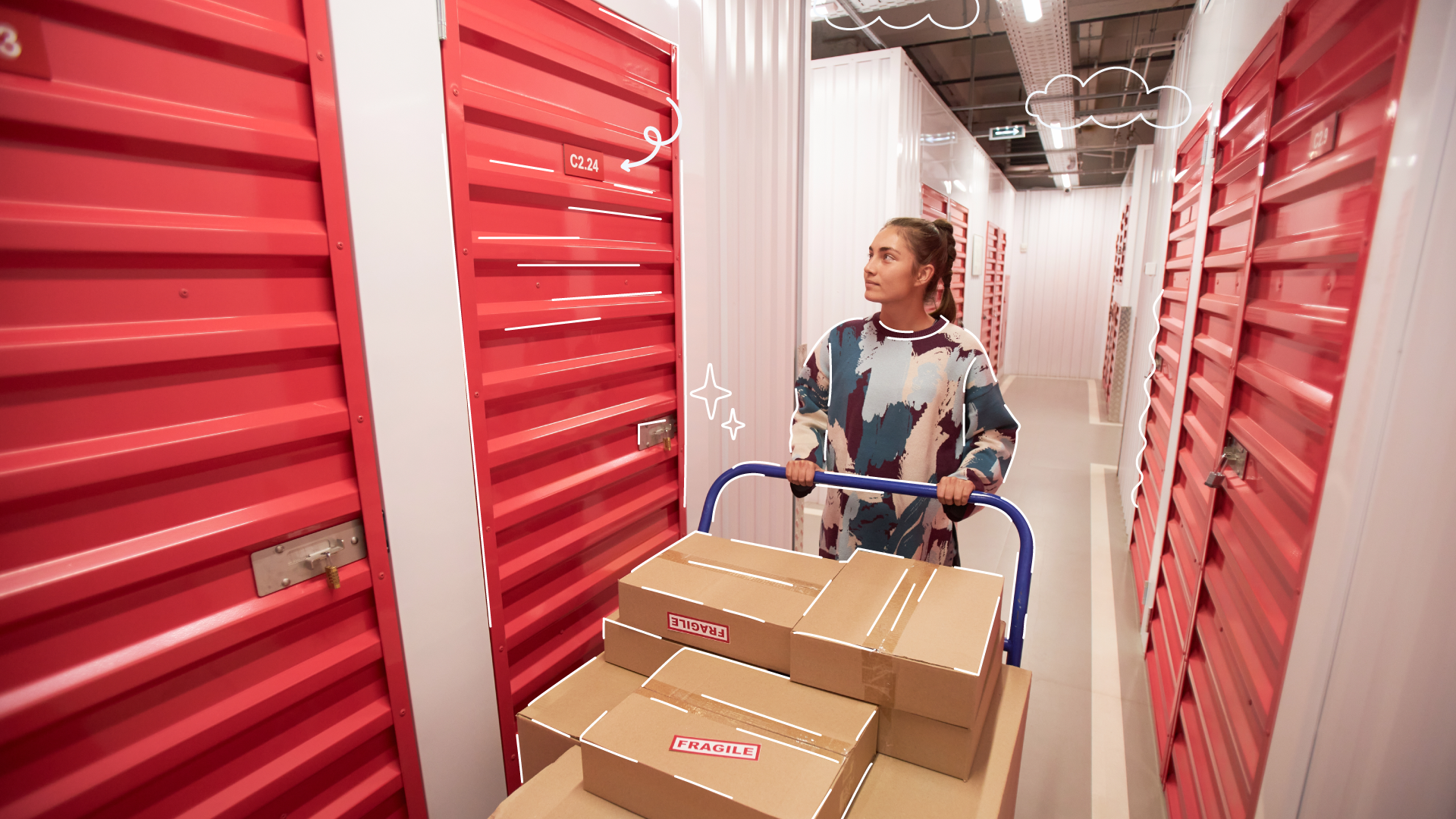Storage units are a great way to help de-clutter your home or apartment without getting rid of things like your Christmas tree and holiday decorations. But did you know that there are some items that you can’t store in your storage unit? Here is a list of some of the most common items prohibited from self-storage units:
Priceless items that cannot be replaced
While your belongings are secure in a storage unit, there is still always a risk when it comes to storing your belongings, like the possibility of facing a hardship that will lead to your possessions being sold at auction. And, while it is unlikely, events such a fire, tornados, or even flooding can occur and destroy your priceless items.
Money
For reasons why you shouldn’t keep irreplaceable items in storage, the same goes for money. Cash and other types of currency should be kept in a safe deposit box at a bank instead of your storage unit.
Food
Perishable food items, even unopened boxes, can attract rodents, insects, and other pests, as well as provide a breeding ground for mold and mildew. Your storage facility may have specific rules regarding non-perishable items, but you may be able store certain tightly sealed, shelf stable food items.
Firearms and ammunition
Guns (loaded or unloaded), ammunition, or any explosive devices will always be on the list of items that can’t be stored for safety and liability reasons. Not to mention, if your unit was auctioned, firearms and ammunition can create a number of other liability issues.
Hazardous materials
Toxic, flammable, or combustible items includes but is not limited to these items:
- Paint
- Paint thinner
- Fertilizer
- Fireworks
- Oil
- Chlorine bleach
- Acid
- Acetone
- Propane tanks
- Compressed gas
- Kerosene
- Gasoline
- Grease
- Solvents
- Turpentine
- Radioactive materials
Unregistered or uninsured vehicles
Vehicles, such as cars, trucks, boats, motorcycles, and other vehicles, can be stored at a storage facility as long as it is properly registered and insured by the renter of the unit or parking space. You may even be asked to provide proof of registration and insurance before leaving it at the facility.
Tires
You may be surprised that most storage facilities don’t allow tires to be stored for a couple of reasons:
- Tire fires aren’t worth the risk for facilities to allow them.
- Disposal fees are expensive and would fall on the storage facility if they needed to dispose of them for any reason.
Furs
Another item that might come as a surprise that storage facilities don’t allow are furs. In order to properly preserve furs, you have to follow strict requirements around temperature and light. If you need to store fur, check with a climate controlled storage facility to ensure that climate and humidity will be maintained for proper storage and preservation.
Wet items
Items intended to get wet can be stored, but they need to be completely dry before putting in your storage unit. Wet items grow mold and mildew in dark, closed up storage units. Not only is it gross and smelly, but it will ruin your belongings.
Living or dead things
Living-or used to be living-items aren’t allowed in storage units, and for good reason. Not only is it cruel and illegal to lock up a living animal (or human) in a storage unit, but dead animals will attract insects, vermin, mold and diseases.
Plants are also on that list of living things not allowed because they will die and the soil attracts moisture, becoming a breeding ground for mold, mildew and pests.
When in doubt if you aren’t sure something is safe for your storage unit, ask.
Will My Items Be Safe?
To help protect your items and those in the surrounding storage units, it’s best to ensure that you’re only storing what’s allowed to be stored and keeping the prohibited items safely stored at home. When you place your items in a storage facility, you get peace of mind that your items will be secure in your unit. By following these rules, you’re working to protect everything stored. Each prohibited item is prohibited for a reason, and often, it’s to help protect your items.
Items That Are Illegal to Store in a Storage Unit
While there are items that are prohibited from being placed in a storage unit, there are a few laws regarding what’s illegal to store in the storage unit. One is that you cannot store unlawful items, such as illicit drugs or stolen goods, in a storage unit since, by their very definition, they are illegal to own. Another is that a storage unit cannot be used for residential purposes. That means you’re not allowed to live in a storage unit for any amount of time or keep any animals in your unit, alive or dead.
Is there a Difference Between What you Can Store in Outdoor and Indoor Storage Units?
If you’re storing items in an outdoor storage unit that’s not climate controlled, there are a few things that you’ll want to consider. As extreme temperatures on either side of the thermometer can damage and degrade plastics, leather, and other materials, you should avoid storing things like artwork, musical instruments, appliances, electronics, and antiques in outdoor units. If you wish to store these items, you should look into a climate-controlled indoor storage unit space.
Are There Any Items that My Storage Company Prohibits?
Beyond these known prohibited items, it’s always possible that your storage company may have a specific policy for their units that go beyond this particular list. For example, they may have had something come up in the past that was a particular problem item for their area.
Looking for a self-storage unit to help keep your home clutter-free? Contact our professional team to discuss your storage needs today.






